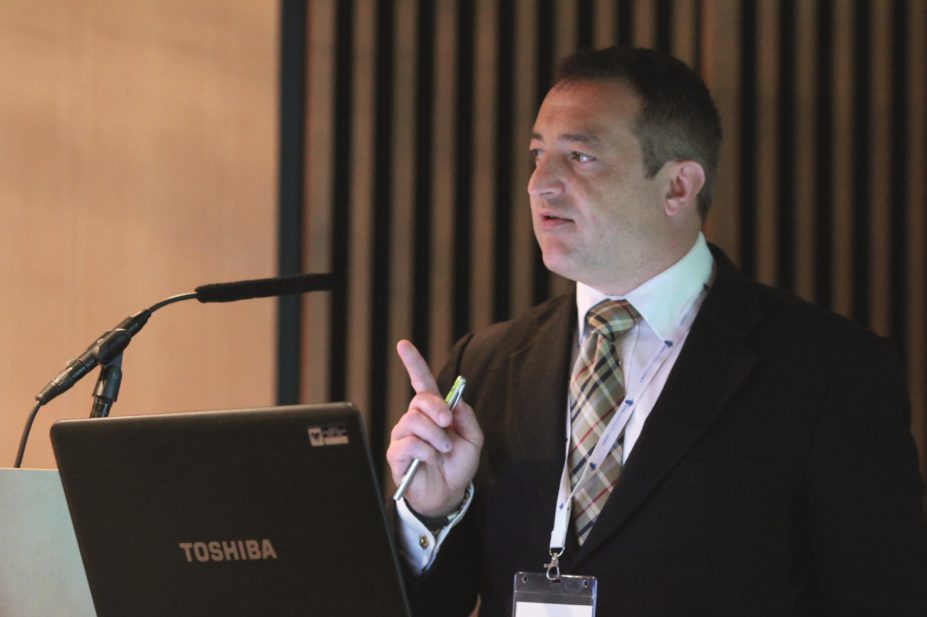
Nadia Atturi / Royal Pharmaceutical Society
A senior Royal Pharmaceutical Society (RPS) figure has called for a rethink of how the organisation elects its boards after a shortage of nominations this year resulted in casual vacancies and uncontested elections in two of the three GB nations.
Society treasurer Sultan Dajani, re-elected to the English board in this year’s contest, describes the absence of elections for the Scottish and Welsh boards this year as “sad” and questions whether certain sector-specific places on the boards in England and Wales should be abandoned.
His comments came after seven out of ten successful candidates across the three boards were appointed without a contest after a low number of nominations.
The Society uses sector-specific representation on its boards in England and Wales: candidates run for places representing community practice, primary care, hospital and industry, as well as “any sector”. This system is not used in Scotland.
In this year’s election in England, only one candidate was put forward for the hospital place and there were no nominations for the industry seat, which will remain vacant. Had the sectoral system not been in place, there would have been sufficient nominations to fill all available seats.
In Scotland, the four nominated candidates were appointed to the four available seats on the board, while in Wales there were only two nominations for four places. In both cases there was therefore no election.
Dajani told The Pharmaceutical Journal that this year’s outcome cast doubt on the use of sectoral places on the boards, which should be reviewed and some possibly dropped. “It’s sad that Scotland and Wales didn’t have an election this year. [In England] there was no nomination for an industry place, and hospital yet again was uncontested,” he says.
“It calls into question the sectoral places in England — we don’t need it by the looks of it. As the treasurer, it’s one thing that I’ll be looking for the Society to do [review this].”
Voter turnout at the election in England rose slightly compared with 2014 but remained relatively low at 11.7%.
David Branford lost his seat by just 16 votes after five years on the board. He polled 346 more votes than Catherine Armstrong who was elected in the primary care category. But Branford was not granted a place on the board because he declared as an “any sector” candidate, and came a close second in this category to Claire Anderson.
Mair Davies, chair of the Welsh Pharmacy Board, says: “The Welsh Pharmacy Board are committed to the sectoral places system for national board elections as we feel this is still the best system for Wales. We do, however, welcome discussion and debate on this topic.”
An RPS spokesperson said that governance arrangements at the Society were under review and this may include the election process.
You may also be interested in
Long service of members

Membership fees 2022
